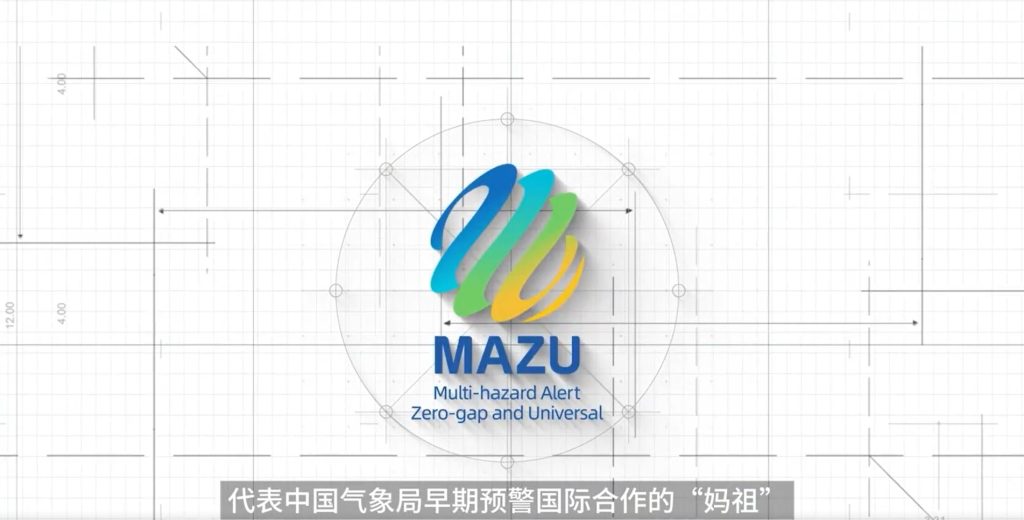US ambassador nominee sparks anger for remarks interfering in Argentina's internal affairs

US nominee for ambassador to Buenos Aires has sparked a storm of criticism Wednesday among Argentine lawmakers, media and trade unions with some Argentine politicians accusing him of violating diplomatic conventions, interfering in Argentine domestic affairs and meddling in judicial matters. The nominee claimed that Argentina's ex-president should face justice in cases in which she was never convicted and pledged to use his posting as a bulwark against China during a hearing at the US Senate, according to AP on Thursday.
AP reported Thursday that opposition politicians in Argentina accused Peter Lamelas, US' nominee for ambassador to the second-biggest South American country, of violating diplomatic conventions, interfering in Argentine domestic affairs and meddling in judicial matters.
The report said that Argentine media went into fifth gear with their coverage of Lamelas. Argentine lawmakers introduced a bill in Congress rejecting his remarks as "an unacceptable interference in matters of national sovereignty." Trade unions planned a mass protest for Thursday outside the US Embassy in Buenos Aires.
Buenos Aires Herald reported Wednesday that Lamelas attended a hearing about his diplomatic appointment to Argentina in the US Senate.
AP reported that Lamelas said he would support right-wing Argentine President Javier Milei, in ensuring that the country's former president Cristina Fernández de Kirchner - now serving a six-year sentence on corruption charges under house arrest - gets "the justice that she well deserves" in cases unrelated to her current sentence.
According to the report, Fernández is the most prominent figure in Argentina's Peronist opposition movement, which holds a majority in Congress.
At the hearing, Lamelas also made biased claims that Argentina's provincial governments "could negotiate with external forces, like the Chinese or others, to come in and do projects in that particular province, and that may also lend towards corruption on the part of the Chinese,"according to Buenos Aires Herald.
In response to Lamelas' claims, the Chinese Embassy in Argentina published a statement on Wednesday, saying that the remarks by the US politician are "rife with ideological bias and Cold War zero-sum mentality, evoking an unsettling sense of the 'Monroe Doctrine' making a comeback."
"Such rhetoric starkly contradicts and undermines the very 'democratic values' the US claims to champion," read the statement.
The Chinese Embassy emphasized that China's engagement and cooperation with Latin American countries, including Argentina, have always been guided by the principles of mutual respect, equality, and mutual benefit. We neither seek spheres of influence nor pursue geopolitical gains at others' expense, much less target any third party. Argentina should not be turned into an "arena" for great-power rivalry, but rather a "demonstration field" for international development cooperation to achieve reform, progress, and revitalization, according to the statement.
"We advise the relevant individual to refrain from projecting their hegemonic logic onto China," said the Chinese Embassy.
Lamelas' comments drew the ire of Buenos Aires Province Governor Axel Kicillof, Buenos Aires Herald reported.
"GO HOME LAMELAS," Axel Kicillof wrote on X. He said that a diplomatic envoy could not behave "as if they were the tutor of the sovereign policies of the country that receives them." Kicillof went on to say that the remarks "evoke the darkest eras of US interference in the democratic life of our region."
According to Buenos Aires Herald, on Wednesday afternoon, deputies from the main Peronist party, Unión por la Patria (UxP), filed a bill to declare Lamelas persona non grata. "His deplorable and unacceptable statements constitute a flagrant violation of Argentine sovereignty," the party wrote.
While the US Senate hearing with Lamelas was held on Tuesday, senators will vote on his appointment at a later date, Buenos Aires Herald reported.
